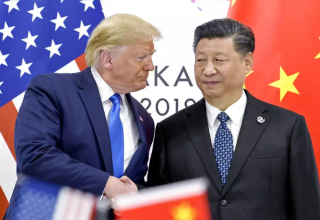
A Question of Integrity
In a recent statement, the Department of Health (DOH) has issued a stern warning to healthcare professionals about the ethical implications of accepting gifts from pharmaceutical companies. This move comes amid growing concerns that such practices may influence medical decisions, compromising patient care and undermining the trust in our healthcare system.
The Thin Line Between Gratitude and Graft
Gifts and incentives from drug firms have long been a point of contention. While they are often justified as tokens of appreciation or support for educational events, there is a fine line between a benign gesture and an unethical inducement. The DOH emphasizes that accepting gifts that could be perceived as a quid pro quo for prescribing certain medications crosses this line.
Impact on Patient Trust
Patients entrust their lives to the medical profession, believing that their health is the sole factor driving a doctor’s clinical decisions. When doctors receive gifts from drug companies, it raises questions about the motivation behind their prescriptions. Are these decisions truly in the best interest of the patients, or are they influenced by external factors?
The Role of Transparency
Transparency is key in maintaining trust. The DOH urges healthcare providers to disclose any affiliations or benefits received from pharmaceutical companies. Such transparency ensures that patients are aware of potential conflicts of interest and can make informed decisions about their care.
Moving Forward
The DOH’s warning is a call to action for the medical community to reflect on its practices. It is imperative that healthcare professionals maintain the highest ethical standards to preserve the sanctity of the doctor-patient relationship. As the guardians of health, doctors must lead by example and resist any temptations that could compromise their professional judgment.
























